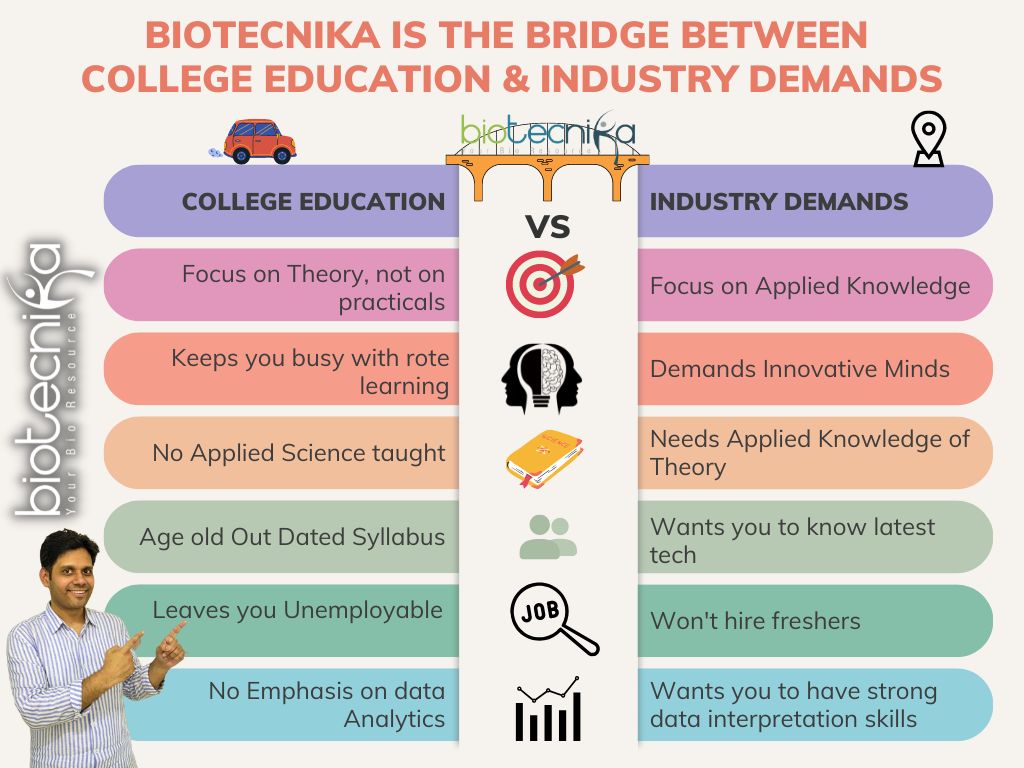The Ultimate Guide To Bioinformatics Tutor
The Ultimate Guide To Bioinformatics Tutor
Blog Article
Little Known Facts About Bioinformatics Tutor.
Table of ContentsThe Bioinformatics Tutor StatementsLittle Known Questions About Bioinformatics Tutor.More About Bioinformatics TutorSome Ideas on Bioinformatics Tutor You Need To KnowGetting My Bioinformatics Tutor To Work
Of the total amount participants included in the training, 80% were students from public college institutions, while the continuing to be 20% came from exclusive organizations. To get a certification of engagement, trainees were required to attend at the very least 90% of the overall training hours. As an outcome of this demand, a remarkable 95% of the individuals successfully gotten their certifications, having not only fulfilled the minimum participation standards yet additionally finished all designated tasks throughout the training.
During the elevation of the COVID-19 pandemic, specifically between June and August 2020, the job team was charged with organizing specialized training in bioinformatics. This training was especially focused on students from the study group Core for Research in Applied Computing at the Federal College of Pará (UFRA) The adjustment to remote discovering platforms as a result of the pandemic produced a chance to explore new training approaches and electronic devices that improved both reach and performance.
To react to the expanding need in the computer and life scientific researches areas, an innovative course was introduced in 2020 titled Introduction to Device Understanding. This training course was made to give an available yet thorough review of Artificial Knowledge methods, particularly as used in bioinformatics. The program was carried out over 3 months, from October to December 2020, and was provided completely online via the Google Meet platform. This online style allowed involvement from pupils throughout Brazil, most of whom might not have had the chance to go to in-person sessions.
How Bioinformatics Tutor can Save You Time, Stress, and Money.
A notable attribute of this training course was its emphasis on hands-on understanding. Approximately 50% of the total training hours were dedicated to sensible activities where trainees developed intelligent versions and applications in a series of scientific domains, consisting of genetics, molecular biology, and environmental data analysis. Extensively used tools and structures such as Spyder, Google Colab, Jupyter Notebooks, and Orange were incorporated into the coursework. These systems enabled trainees to involve in real-time data adjustment, version training, and algorithm testing.
The course attracted 80 participants in total. Sixty of them were connected with numerous greater education and learning establishments in the state of Pará, while the continuing to be twenty came from organizations located in five other Brazilian states. This broad geographical depiction highlighted the national rate of interest in bioinformatics and the growing need for specialized abilities in this field. By presenting Expert system in a pertinent and sensible context, the campaign served to bridge the gap between theory and real-world application, providing students with a solid foundation for future research or work in the area.
The training initiative created part of a more comprehensive scholastic outreach initiative referred to as the Bioinformatics when traveling job. This task has, for many years, introduced lots of trainees to the globe of bioinformatics and computational biology. The occasions held under this umbrella initiative Source have actually occurred throughout numerous regions and years, as summarized in Table 1 (Checklist of occasions, areas, years, and overall varieties of pupils and trainers)
Several of these groups, at first brought together by their involvement in training occasions, have since gone on to generate independent scientific research study in cooperation with regional academic organizations. The training not just cultivated clinical reasoning within the context of bioinformatics but likewise triggered joint connections that prolonged past the training environment.
Examine This Report about Bioinformatics Tutor
The exact same group, omitting IH and RR, also acted as tutors for the practical training components. Financing for the job was provided via the give 88887.200562/ 2018-00 from CAPES.
The Federal University of Pará's Office of Study (PROPESP/UFPA) additionally offered monetary assistance, particularly for the production of the final manuscript. The writers proclaim no monetary or commercial problems of rate of interest that might have affected the study. All interpretations and point of views revealed in this write-up are exclusively those of the writers and do not always reflect those of their corresponding institutions, the pop over to this web-site author, editors, or reviewers entailed in the publication procedure.

Bioinformatics Tutor Can Be Fun For Anyone
From a pedagogical viewpoint, the mentor method made use of in the training was deliberately interactive. Classes were carried out in a fashion that encouraged student engagement and discussion, going beyond memorizing memorization to explore exactly how ideas are created, applied in life, and evaluated in academic setups. The instructional viewpoint concentrated on nurturing both strong and struggling trainees, giving personalized assistance, and structure confidence through sustained mentorship and persistence.
Each group, containing around 36 individuals, was supported by three mentors-- most of whom were postdoctoral scientists with specific know-how. These mentors not only helped make the group projects yet additionally promoted their execution, making certain that each research study concern was both appropriate and appropriately tough. The goal was to provide a naturally realistic context that participants might explore with open-ended objectives and access to curated datasets.
For additional insights right into the methodology and end results of this project-based understanding method, viewers are guided to S1 Text, which includes in-depth descriptions of the pedagogical structure, assessment approaches, and project themes used in the training sessions.
Facts About Bioinformatics Tutor Revealed
Of the overall individuals involved in the training, 80% were pupils from public greater education institutions, while the continuing to be 20% came from exclusive institutions. To qualify for a certification of participation, trainees were needed to go to at the very least 90% of the total training hours. Especially, past the trainees who enlisted in the training sessions, 7 experienced instructors participated in providing the programs, while three devoted research study professors collaborated the general training procedure. Approximately 50% of the total training hours were dedicated to useful activities where students built intelligent designs and applications in a range of scientific domain names, consisting of genes, molecular biology, and ecological data analysis. The training not only cultivated scientific thinking within the context of bioinformatics i thought about this yet additionally triggered joint relationships that expanded beyond the training environment.
Report this page